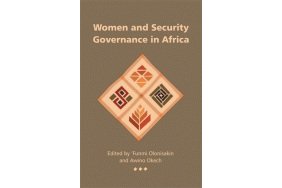Kerala is the top-ranked state in terms of meeting the objectives of the national family welfare programme that dates back to 1951. But it smacks of discrimination if the state manages to achieve this status by sterilising the most vulnerable and marginalised people regardless of their other (…)

